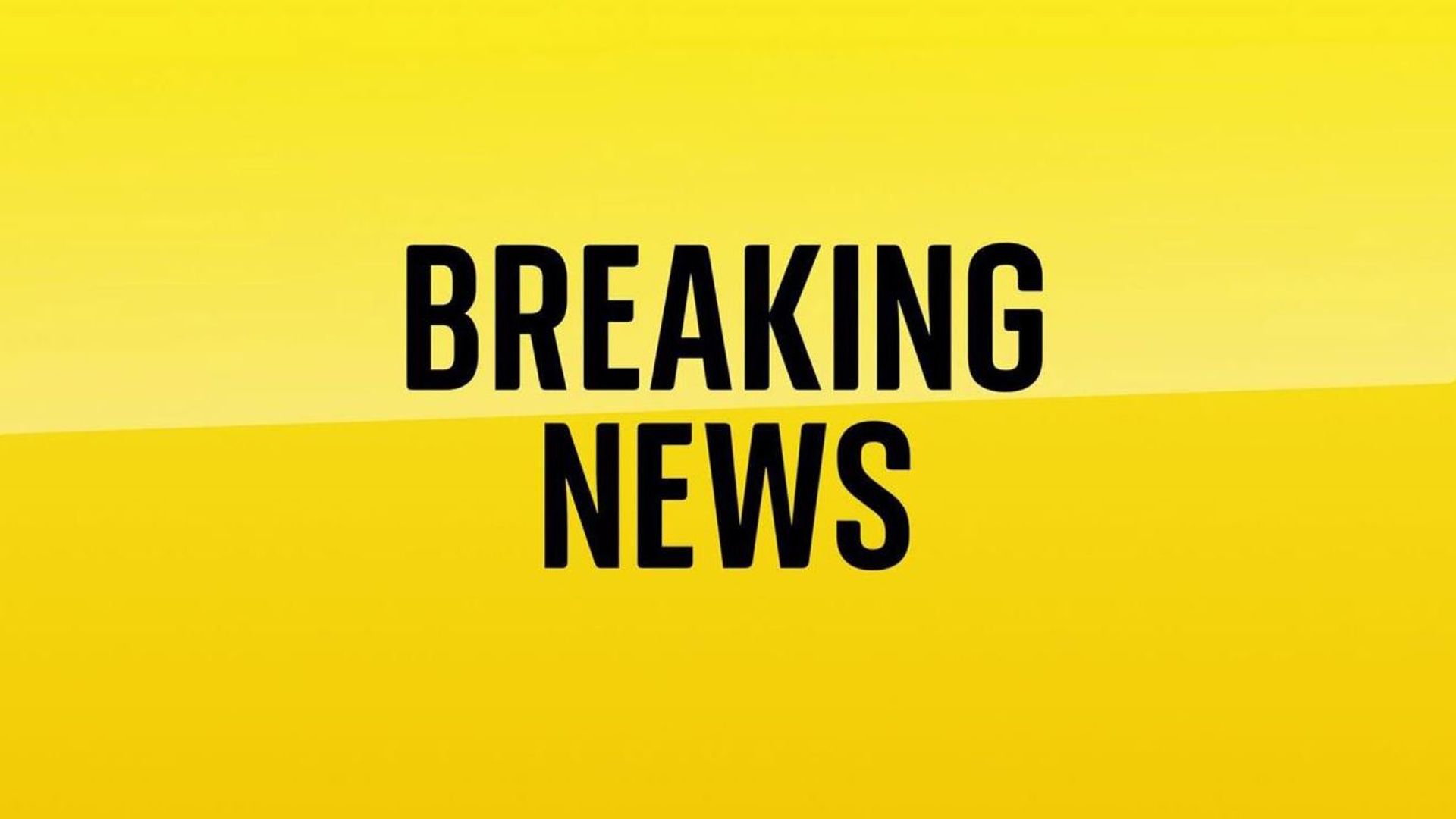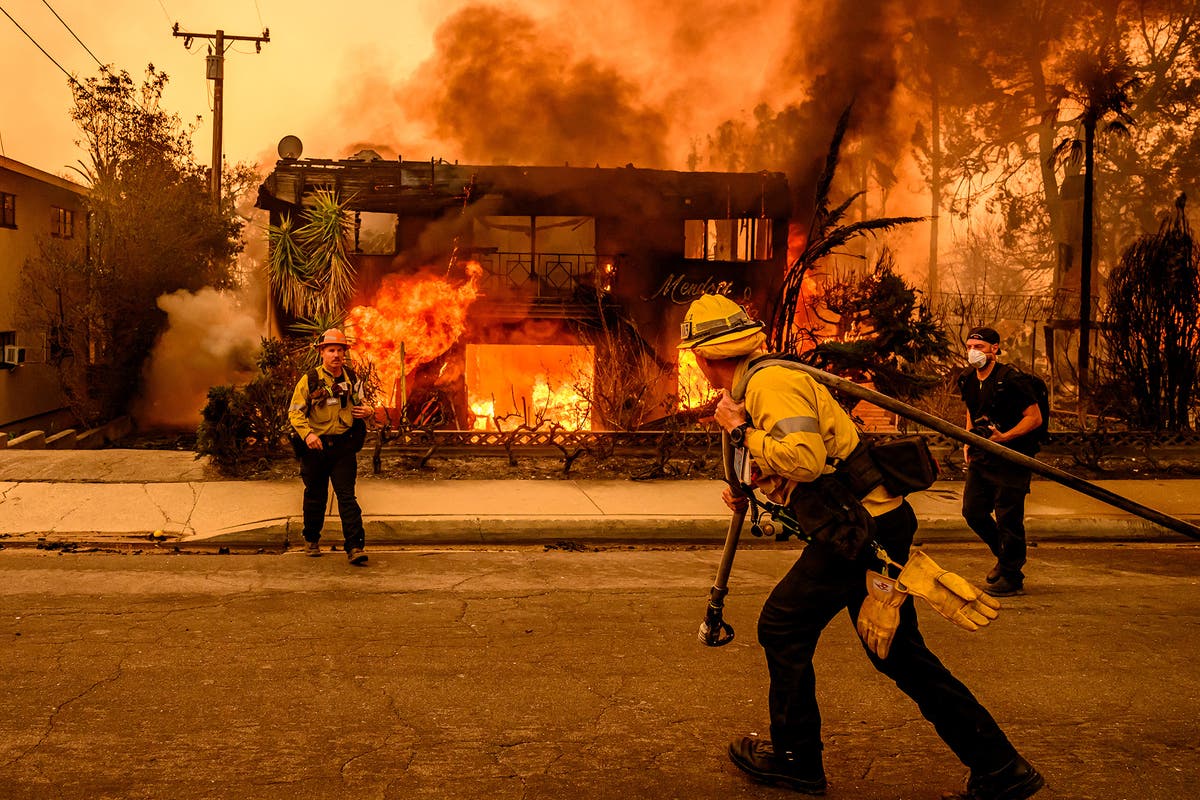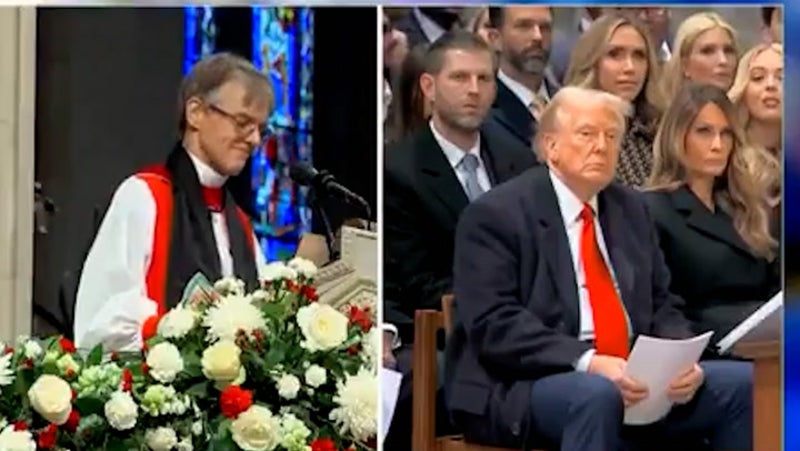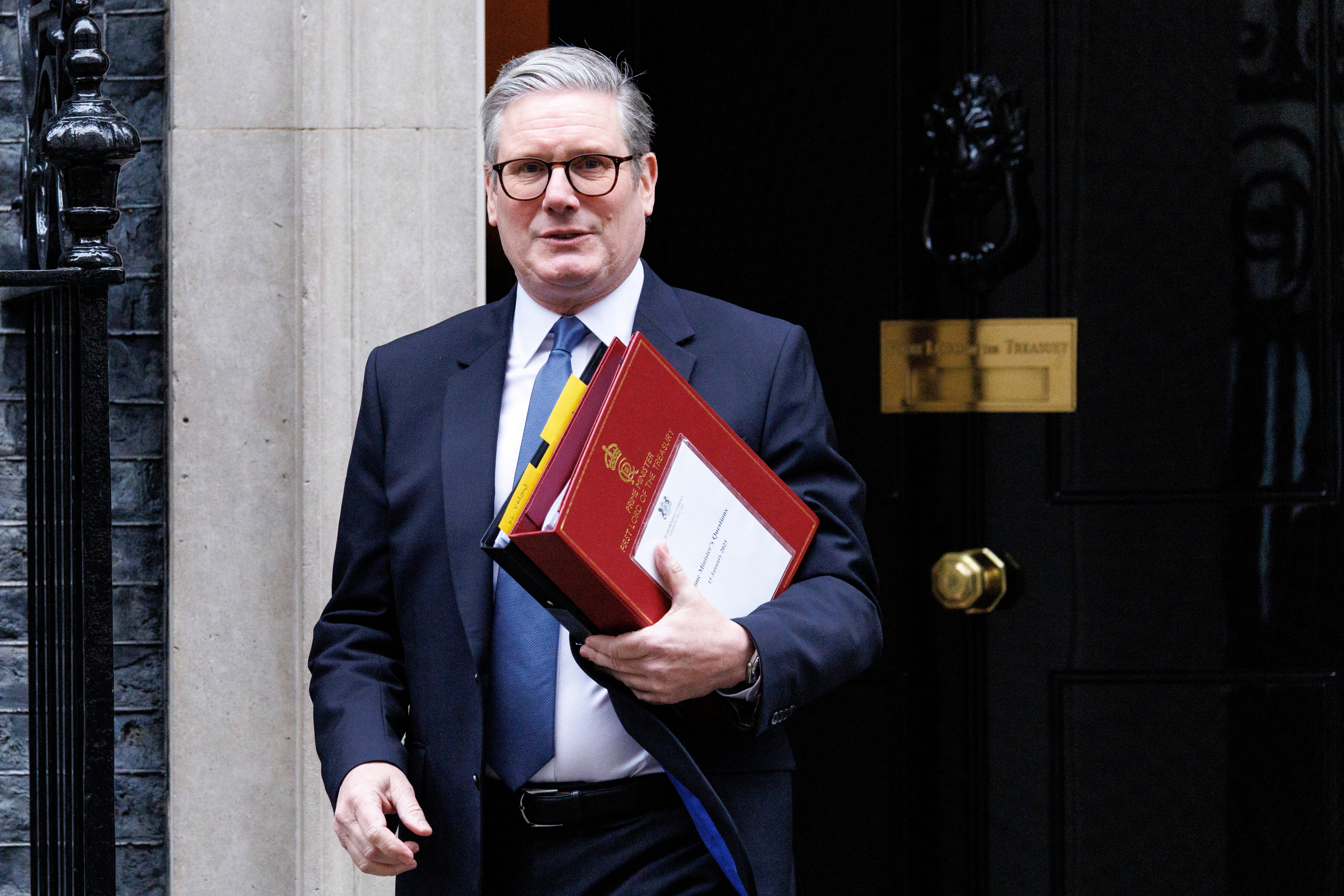The judges in the Sara Sharif case have a right to protection – but not to anonymity
The judges in the Sara Sharif case have a right to protection – but not to anonymity
Share:
Editorial: Accountability is a fundamental principle of the justice system. If it puts the personal safety of judges in danger, the answer is better security precautions – not censorship. The court of appeal has ruled that Mr Justice Williams was mistaken in ordering that the three judges who allowed Sara Sharif to live with her father and stepmother should not be identified.
Sara, 10, was murdered by Urfan Sharif and Beinash Batool, who were convicted last month in a trial that attracted a great deal of interest because of the horrific nature of the crime – and because of the evidence that several chances to protect the child had been missed.
After the verdict, documents were published showing that a judge granted Sara’s father residence rights, despite being aware of allegations that he beat her siblings and had been arrested for assaulting women. Mr Justice Williams was worried that the professionals who had dealt with Sara’s case in the family courts, including three judges, might be exposed to a “virtual lynch mob”.
No one should seek to minimise those concerns. Mr Justice Williams said that he had “experience as the family presiding judge of taking on cases from judges who [had] been worn down by the barrage of abuse they [had] suffered at the hands of litigants”, and that “being subject to abusive behaviour was not part of the job”.
There is undoubtedly the risk, taken by judges and other professionals working in the family courts and social services, that they will be subjected to abusive, threatening or violent behaviour by those who hold them responsible for allowing terrible crimes to be committed.






















